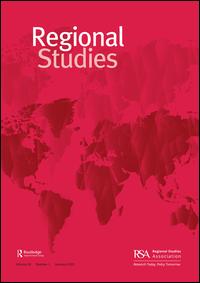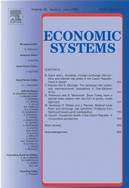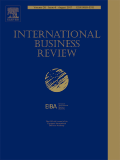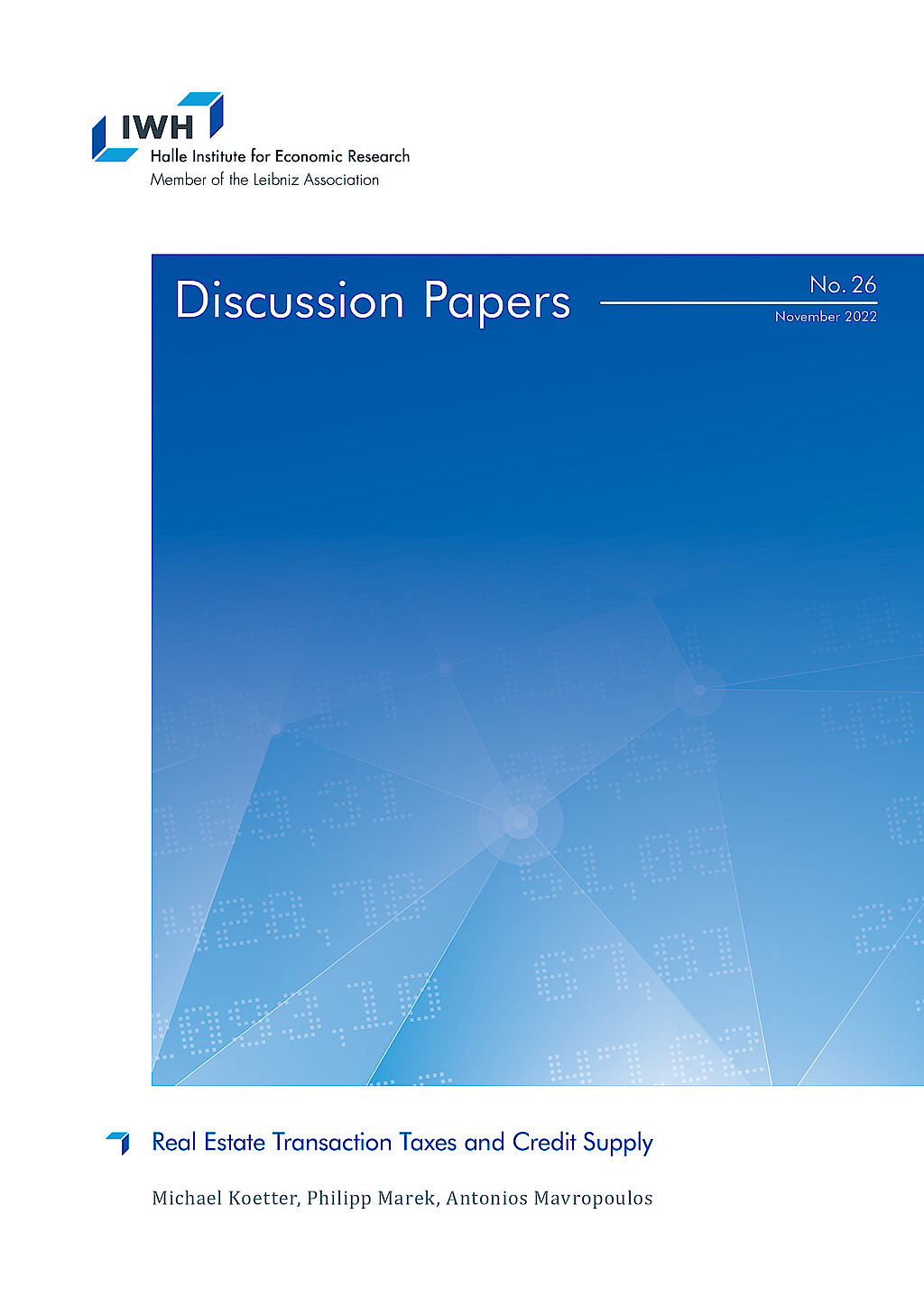Dr Philipp Marek

Current Position
since 6/15
Research Affiliate
Halle Institute for Economic Research (IWH) – Member of the Leibniz Association
since 9/16
Economist
Deutsche Bundesbank
Research Interests
- microeconometrics
- household finance










